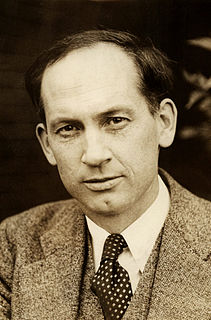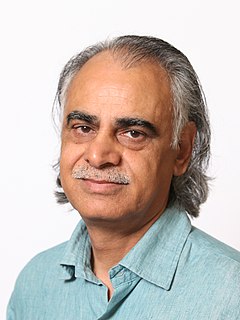A Quote by Geoff Mulgan
The market turns out to be just one special case of collective decision-making.
Related Quotes
There is no such thing as being non-political. Just by making a decision to stay out of politics you are making the decision to allow others to shape politics and exert power over you. And if you are alienated from the current political system, then just by staying out of it you do nothing to change it, you simply entrench it.
I think that if your tenure case depends on your proving what you thought was a mathematical theorem and the proposed theorem turns out to be false just before your tenure decision, and you want to get tenure very badly, there is a sense in which it's perfectly understandable and reasonable of you to wish the proposed theorem were true and provable, even if it's logically impossible for it to be.
To have an idea meritocracy, one needs to do three things. First, they have to put their honest thoughts on the table, for everyone to look at and everyone to work through. Second, they need to have thoughtful disagreement, by which there are quality exchanges, in which there's open mindedness and the realization that no one has all the right answers. And you can work through that and get to better answers because good collective decision making is better than any individual decision making. And third, you have to have ways of getting past the disagreements if they remain.



































